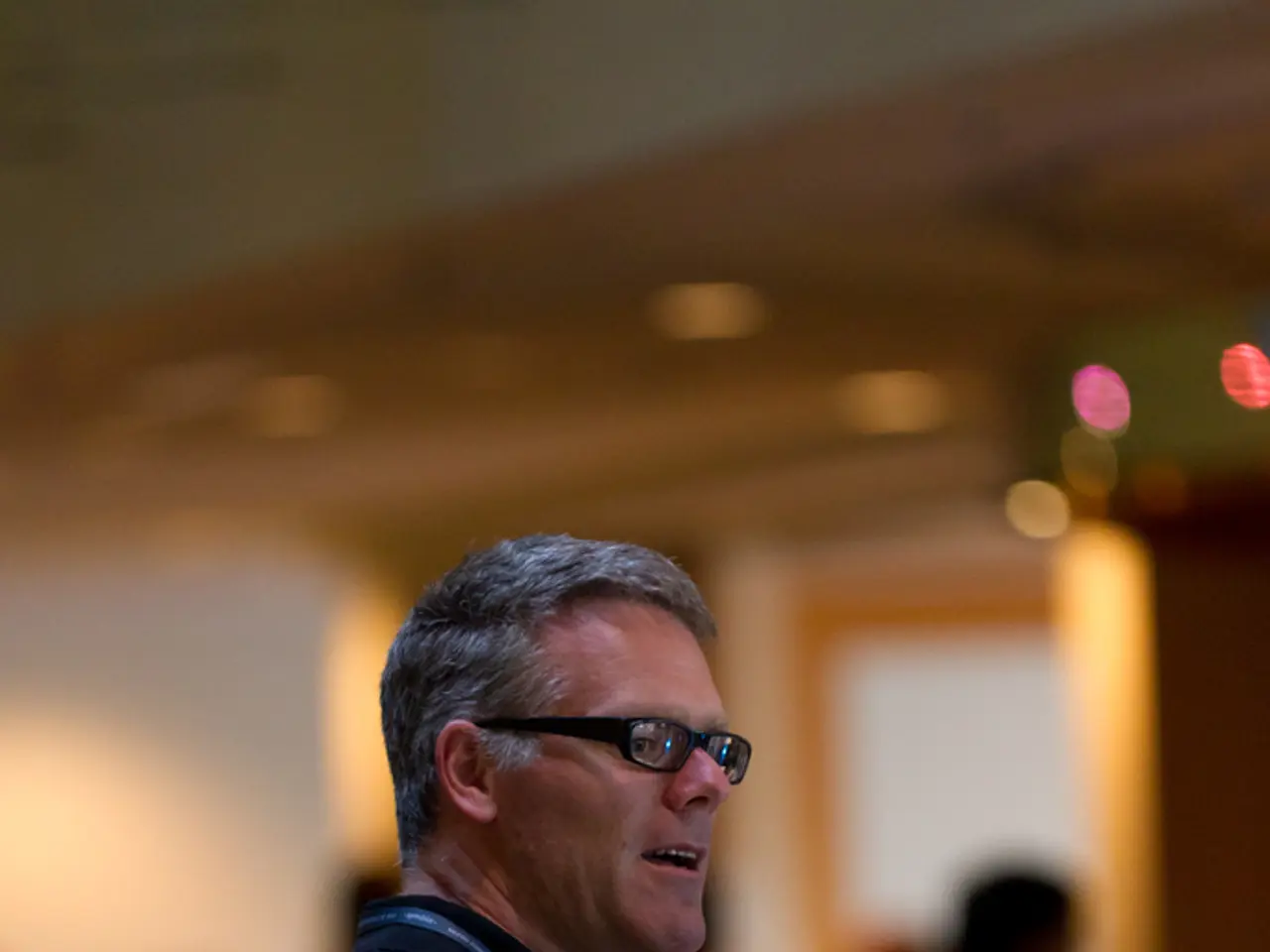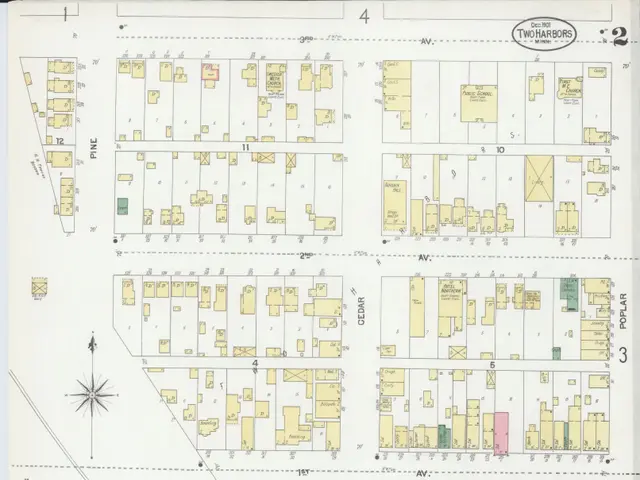Man with HIV in Turkmenistan concerned about potential forced expulsion and mistreatment
In a forgotten corner of the world, a man named Emir finds himself in a precarious situation. Once a resident of Turkmenistan, Emir, whose name has been changed for safety reasons, fled his homeland in 2018 due to fear of persecution for his homosexuality. Now, he is a refugee in an unrecognized territory in Europe, struggling to access the antiretroviral treatment he desperately needs.
Emir was diagnosed with HIV in 2024. Since then, he has received sporadic medication shipments, but has been without treatment for almost four months. This has taken a toll on his health. Emir is experiencing body and stomach pain, pain under his ribs, sleeplessness, and fears of developing AIDS. He has also been diagnosed with "severe anxiety and depression symptoms with thoughts of suicide."
The local LGBTQ rights group is doing their best to help, but they are facing financial and legal challenges. Meanwhile, Emir's employer terminated his job due to his HIV-positive status, and he now faces deportation to Turkmenistan, a country where homosexuality is considered a criminal offense, punishable by jail. If returned, Emir believes he would be arrested, tortured, abused, and possibly killed.
International support for HIV-positive refugees like Emir is available, but delivering treatment and protecting their rights in unrecognized or repressive territories remains a complex challenge. Large-scale initiatives like the President's Emergency Plan for AIDS Relief (PEPFAR) and UNAIDS are working to provide HIV prevention, treatment, and care in over 85 countries, including partnership frameworks aimed at sustainable, local leadership in HIV responses.
Advocacy NGOs such as AFEW International are also advocating for rights and healthcare access for underserved populations, including people living with HIV in Eastern Europe and Central Asia. They focus on reducing stigma and improving resilience among marginalized populations, which aligns with the needs of HIV-positive refugees facing discrimination.
Humanitarian organizations like the Order of Malta provide targeted medical and social assistance to HIV-positive individuals, including pregnant women, to prevent mother-to-child transmission even in challenging settings.
However, political restrictions, lack of official recognition, and interruption or denial of international aid due to geopolitical factors often hinder the delivery of treatment to refugees like Emir. The global HIV community stresses the importance of maintaining international funding and coordination to prevent reversals in HIV treatment progress worldwide.
Thousands of other individuals are suffering throughout the world in similar circumstances. It is a reminder that the fight for HIV/AIDS treatment and human rights is far from over. Emir's story serves as a call to action for the international community to continue supporting HIV-positive refugees and to work towards a world where everyone has access to the care they need, regardless of their location or circumstances.
A recent interview with Emir by AFP in July highlights the urgency of the situation. Although his exact location remains secret for safety reasons, Emir's story is a testament to the resilience of the human spirit in the face of adversity. His struggle serves as a reminder that there are still many battles to be fought in the war against HIV/AIDS and discrimination.
- Emir's mental health is severely affected due to the uncertainty of his situation, as he faces the possibility of returning to a country where his homosexuality is criminalized and his HIV status would likely result in persecution.
- The general news and human rights community are highlighting the urgency of the situation for individuals like Emir, advocating for increased international support, and stressing the importance of respecting the health-and-wellness and human rights of all, regardless of location or circumstances.
- Science and medicine play a crucial role in this ongoing battle against HIV/AIDS, with initiatives like PEPFAR, UNAIDS, AFEW International, and the Order of Malta working to provide treatment, reduce stigma, and improve access to healthcare for people like Emir, regardless of the political landscape they inhabit.





